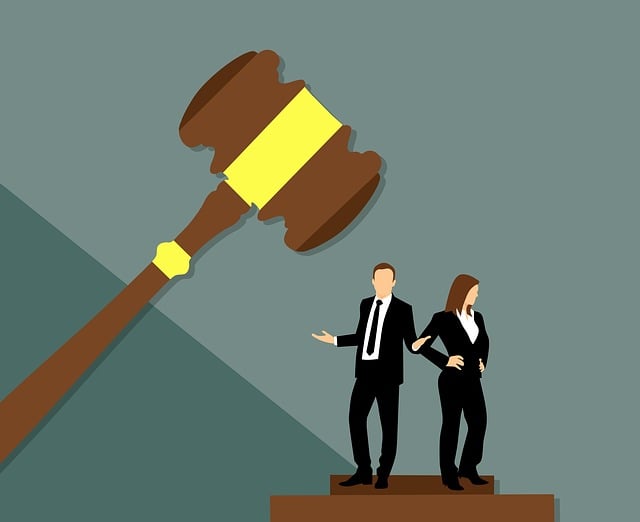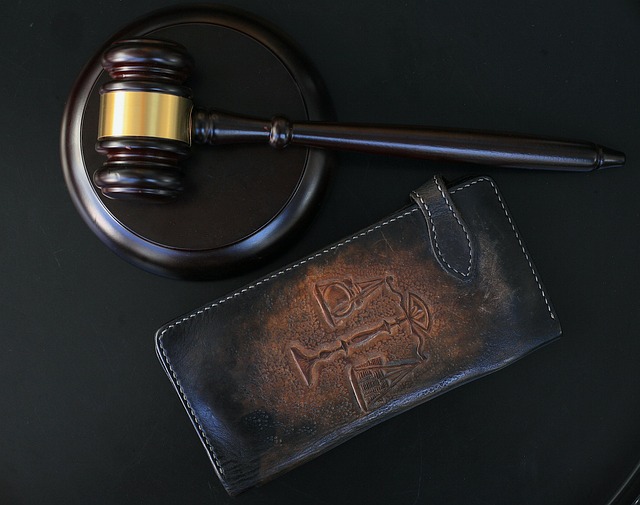Personal injury law compensates harm caused by negligence or intentional actions. To file a claim, identify liable parties, gather medical records, witness statements, and communicate damages effectively. Strategic evidence presentation improves outcomes. Choose experienced legal representation for complex cases. Learn statutes of limitations and strategic approaches for settlements or trials.
In today’s complex healthcare landscape, understanding legal issues is paramount. This comprehensive guide delves into essential aspects of personal injury law, offering insights on how to file a claim effectively. From grasping the basics of personal injury law and gathering robust evidence to selecting adept legal representation, each step is crucial. We explore navigation through settlement negotiations and trial processes, empowering you with knowledge to protect your rights. By following these strategic approaches, individuals can confidently navigate healthcare legal issues and secure just compensation for their injuries.
- Understanding Personal Injury Law Basics
- Gathering Evidence for Your Claim
- Choosing the Right Legal Representation
- Navigating Settlement and Trial Processes
Understanding Personal Injury Law Basics
Personal injury law is a complex area that focuses on compensating individuals for physical and emotional harm caused by another party’s negligence or intentional actions. When navigating this legal landscape, understanding how to file a personal injury claim is paramount. The process begins with identifying the liable party and gathering evidence to support your case. This may include medical records, witness statements, and any relevant documentation that proves negligence.
Knowing your rights and obligations is crucial when pursuing a claim. Victims should be aware of deadlines for filing suits, which vary by jurisdiction. Presenting a strong case requires clear communication of the damages incurred and the impact on your life. A well-crafted narrative, backed by solid evidence, increases the chances of achieving extraordinary results, whether through a settlement or winning challenging defense verdicts. Remember, successful personal injury claims result in compensation for medical expenses, pain and suffering, and, in some cases, punitive damages.
Gathering Evidence for Your Claim
When navigating a personal injury claim, gathering evidence is a crucial step in achieving extraordinary results. It’s essential to compile comprehensive documentation that supports your case and demonstrates the extent of your injuries and damages. Start by collecting medical records detailing your treatment, including diagnoses, procedures, and prescribed medications. Any photographs of injuries or accident scenes can also serve as powerful visual evidence. Additionally, gather statements from witnesses who observed the incident, providing firsthand accounts to corroborate your version of events. These pieces of evidence are vital in building a compelling case, especially when facing challenging defense verdicts.
An unprecedented track record of successful personal injury claims relies on thorough and organized documentation. Keep detailed records of all communications related to the incident, such as insurance company correspondences and any exchanges with legal representatives. Collect and organize receipts for medical expenses, lost wages, and other associated costs. These financial records can help quantify your damages, ensuring you receive fair compensation for both physical injuries and economic losses. Demonstrating a strong understanding of how to file a personal injury claim and presenting compelling evidence will significantly enhance your chances of securing a favorable outcome.
Choosing the Right Legal Representation
Choosing the right legal representation is a crucial step when navigating healthcare-related legal issues, especially in cases involving personal injury claims. When considering how to file a personal injury claim, it’s essential to seek counsel from attorneys who have an unprecedented track record in this specific domain. Look for lawyers who possess in-depth knowledge of medical malpractice laws and regulations, as well as experience handling complex cases. Their expertise will be invaluable when presenting your case, especially during jury trials if the matter progresses that far.
The right legal team should guide you through all stages of the investigative and enforcement process, ensuring your rights are protected and your interests are represented effectively. They should be adept at gathering evidence, interviewing medical experts, and negotiating with insurance companies to achieve a fair settlement or verdict. With their support, you can focus on recovery while they handle the legal intricacies involved in personal injury claims.
Navigating Settlement and Trial Processes
Navigating the legal landscape of healthcare-related disputes can be complex, especially when considering personal injury claims. The process begins with understanding how to file a claim effectively. This involves gathering evidence, including medical records and witness statements, to support the case. It’s crucial to act swiftly, as statutes of limitations often apply in personal injury cases, determining the timeframe within which legal action can be taken.
The journey may lead either to settlement or trial. In many instances, settling out of court is a strategic move, especially for high-stakes cases, where achieving extraordinary results might require meticulous planning and negotiation. However, when liability is clear and damages significant, proceeding to trial becomes necessary. Here, a strong legal argument, backed by compelling evidence, can lead to favorable outcomes, ensuring justice and compensation for the harmed party.
Filing a personal injury claim can be a complex process, but understanding the legal framework and taking proactive steps is crucial. By familiarizing yourself with personal injury law basics, gathering compelling evidence, and selecting suitable legal representation, you’ll be well-prepared to navigate either settlement or trial processes. Remember, knowing your rights and taking prompt action are key to achieving justice in healthcare-related legal issues. For a successful outcome, follow these steps and learn how to file a personal injury claim effectively.






